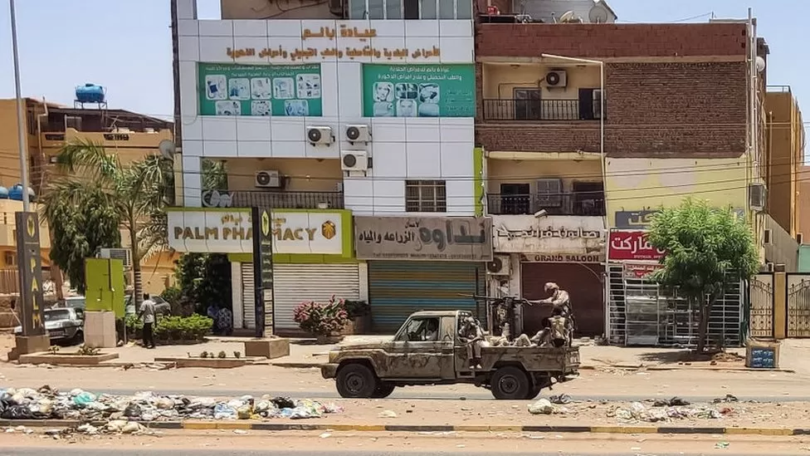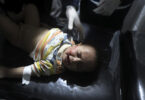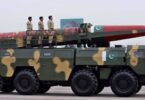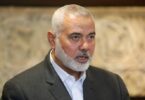KHARTOUM (AFP) : More air strikes and clashes have been reported in Sudan – dampening hopes for the latest attempt at a ceasefire in the conflict-hit country.
A new seven-day truce officially began at 21:45 local time (19:45 GMT).
But witnesses have already spoken of further hostilities in the capital Khartoum and elsewhere.
The violence began five weeks ago, and was triggered by a power struggle between the leaders of the regular army and a paramilitary faction.
Multiple previous attempts to achieve a lasting pause in hostilities in the north-east African country have been shaky or collapsed.
There was renewed optimism for this new ceasefire, which came about following formal talks that were brokered by Saudi Arabia and the United States.
The new deal would be enforced by a “ceasefire monitoring mechanism,” according to a US-Saudi statement issued on Saturday – which acknowledged the previous failures to secure peace.
But the paramilitary Rapid Support Forces (RSF) issued a belligerent message just hours before the agreement was due to become effective.
Gen Mohamed Hamdan Dagalo – better known as Hemedti – was recorded in an audio message saying his troops would not retreat “until we end this coup”.
Witnesses told the AFP news agency of combat in north Khartoum minutes after the latest ceasefire officially began – as well as air strikes in the east of the city.
Meanwhile, civilians told Reuters they that had heard firing in Omdurman and Bahri, Khartoum’s twin cities. But they did not report major violations of the truce.
Conflict broke out in Khartoum on 15 April following days of tension as members of the RSF were redeployed around the country in a move that the army saw as a threat.
The key dispute is between Gen Dagalo and the head of the military, Gen Abdel Fattah al-Burhan – who has been Sudan’s de-facto leader since President Omar al-Bashir was toppled in 2019.
Hundreds of people have been killed in the fighting, and the UN has warned of a worsening situation in a country where a huge number of people already relied on aid before the conflict.
Meanwhile, more than a million people have fled their homes since the conflict began.







